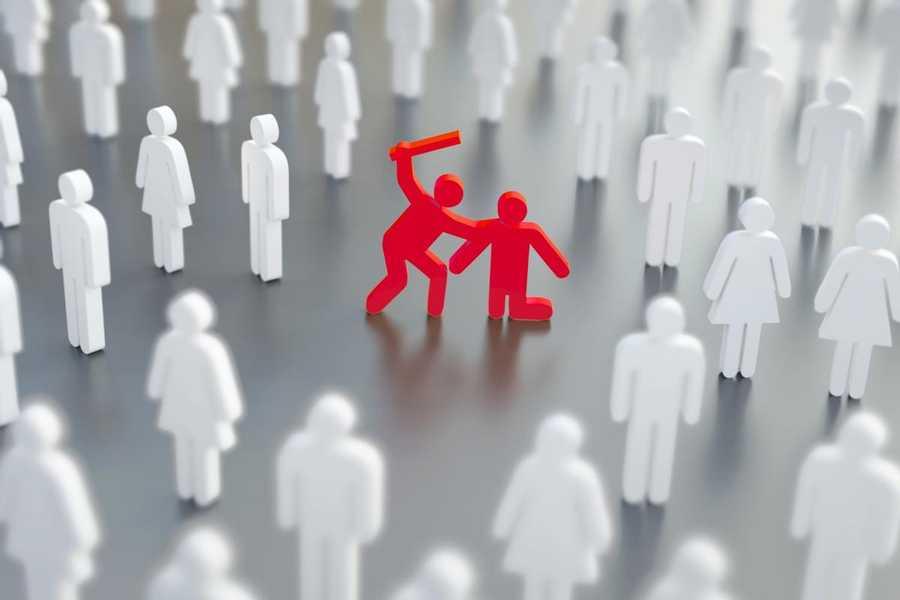The Bystander Effect
It happens when the presence of others discourages a person from intervening in an emergency situation. The greater the number of bystanders, the less likely it is for any one of them to provide help to a person that is in trouble or distress.
People are more likely to take action in a crisis when there are few or no other witnesses present.
191
623 reads
CURATED FROM
IDEAS CURATED BY
The idea is part of this collection:
Learn more about personaldevelopment with this collection
How to handle and learn from mistakes
The benefits of psychological safety in a workplace
The importance of empathy and active listening
Related collections
Similar ideas to The Bystander Effect
Causes of the Bystander Effect
The Bystander effect is attributed to:
- The diffusion of responsibility: bystanders are less likely to intervene if there are other witnesses who seem likely to do so.
- Social influence: individuals observe the behavior of those around them to...
The Bystander Effect
The more people who see someone in need, the less likely that person is to receive help.
Researchers call it a “confusion of responsibility,” where individuals feel less responsibility for the outcome of an event when others are around. In fact, the probability of help is inversely r...
The bystander effect
We tend to believe that someone else will deal with a crisis.
This developed for good reason: if a threatening wild animal is lurking at the edge of our hunter-gatherer group, it’s a waste of effort for every single member to spring into action. Today, however, this leads us to assu...
Read & Learn
20x Faster
without
deepstash
with
deepstash
with
deepstash
Personalized microlearning
—
100+ Learning Journeys
—
Access to 200,000+ ideas
—
Access to the mobile app
—
Unlimited idea saving
—
—
Unlimited history
—
—
Unlimited listening to ideas
—
—
Downloading & offline access
—
—
Supercharge your mind with one idea per day
Enter your email and spend 1 minute every day to learn something new.
I agree to receive email updates
